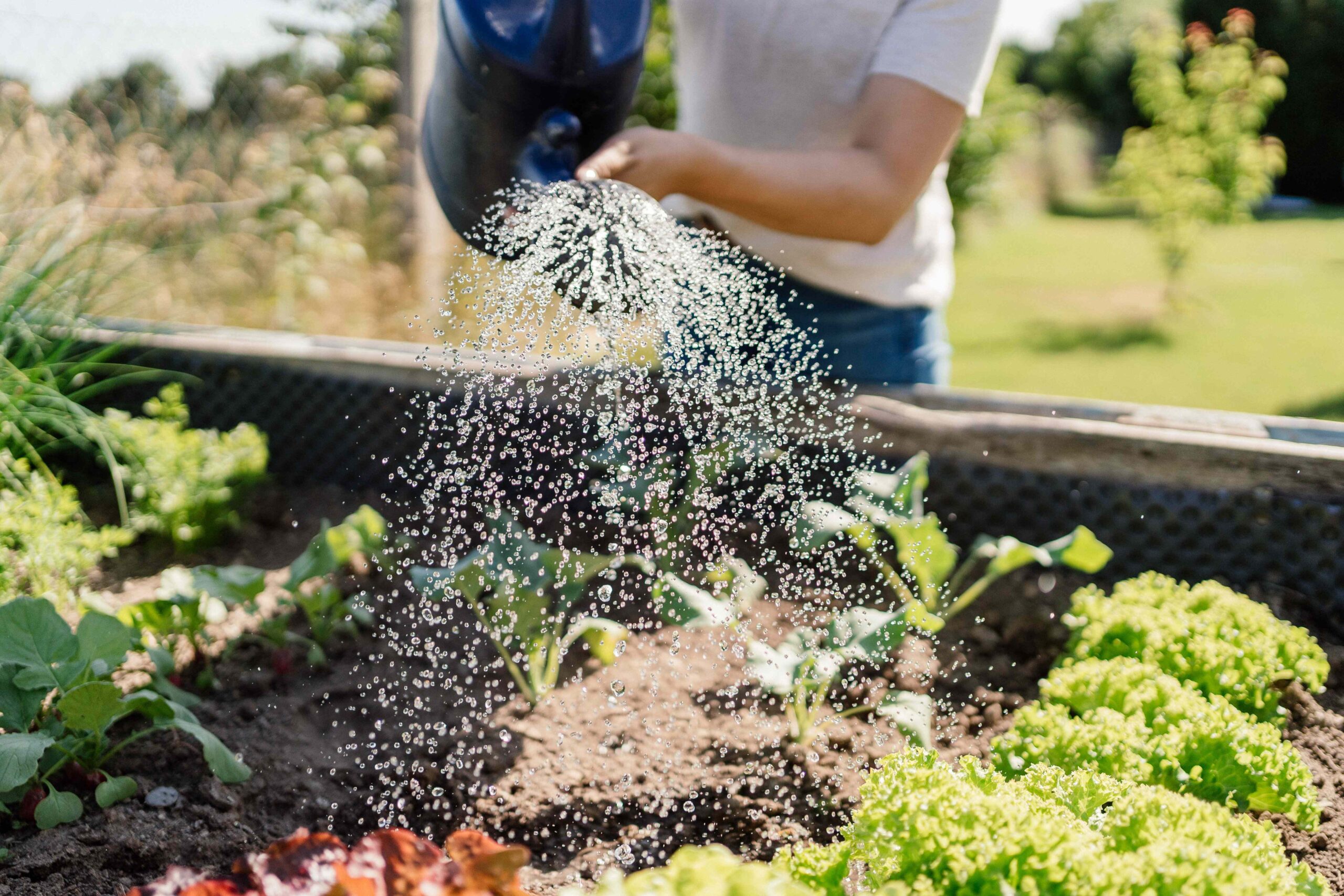:max_bytes(150000):strip_icc():format(jpeg)/GardenerWateringinTheirGarden-02466981fc914e66a76928b4819ab2f2.jpg)
Key points
- From fertilization for planting in the hottest hours, these bad garden habits are common practices.
- Planting spring Annual too much error you can avoid waiting until your last frost.
- Avoid planting invasive species, which can negatively affect the life of local animals and insects.
There are many garden habits that you should stop this year because harming your plants. Some of these practices stress or eventually kill their beloved plants – in some cases you don’t even know these practices bad.
That is why we reached to horticulturists to find out which common banner habits should you stop and why.
Meet the expert
- Debbie and everything Is Horticulture Expert, Landscape Designer and Virtual Assistant for Offline Services, LLC.
- Ward Dilmore Is the founder and the main landscape designer at Petrus Luxury Estate.
Planting in the heat of the day
Planting during baking noon sun is one of the worst bar habits to get in.
“When the transplants during the peak heat, seek your plants to deal with two main stressors at the same time, transplant shock and thermal stress,” says the Debbie Herbal Expert.
Instead of planting during high heat, Neese recommends scheduling your planting sessions for early morning or late afternoon, when temperatures are colder. In this way, your plants will be able to establish and use the root without fighting extreme conditions from Get-Go.
Want more darts tips? Sign up for our free kindergartens Bulletin for our best tips for breeding, troubleshooting and more!
Digging holes too big for your plant
The greater is not always better. The case in point, digging holes for new garden plants should not be much larger than the root ball of the plant.
“Many gardeners believe it is deeper better, but this could not be further from the truth,” says Neese.
When you plant too deep, you are essentially bury your plant living, says, limiting oxygen flow to roots and potentially causing rotten crowns.
Instead, dig up your hole to the same height as a plant in your tank, minus half an inch for proper drainage. Then fill a hole with a loose, changed ground, not compact the country to keep the roots of healthy and happy.
Using too fertilizers
Of course, you want your plants to grow and progress, but the overflows of them fertilizer can have consequences.
“Excessive fertilizer can burn the roots, promote excessive growth of foliage to the damage of flowers or fruits, and even plants more sensitive to pests and diseases,” says Ness.
As an alternative, you should carefully follow the dimensions of the fertilizer package, understand the number of fertilizers and remember that fertilizers are slow editions often forking options for quick release. Your plants will reward you with a stable, healthy growth, not a cycle of the bracket that comes with fertilizer.
Push Pause on the annual Poland
Sometimes enthusiasm for planting spring can lead to planting a year early in season. Neeese recommends leaning into a split in the spring instead of jumping in the head.
“That beautiful apartment unwarranted may look tempting in March, but one unexpected frost can delete all investments overnight,” she warns.
So always wait until the last frost in your area before planting annual planting. At the same time, you don’t want to wait too long to plant spring bulbs.
Stop and under watering
It seems like he can’t avoid, but it’s very easy to overcome or underwater garden plants.
“One of the major care for beginners for beginners ensures that their plants get enough water,” says the expert in the arrangement of the expert assembly.
As a result, many household gardens. Excessing (and underlining it is one of the best murderers for plants, so that it understands when external plants in the open and installation of a good sedring schedule is crucial to ensure that your plants succeed.
Excessing can also encourage plant disease and fungus that can quickly kill plants, making this bad spin to habit potentially deadly.
Do not bite invasive species
Low maintenance plants that advanced are golden standard when it comes to quality gardeners in plants. However, many initial gardens unintentionally choosing the common invasive plants that see to progress in their landscape, says Dilmore.
These plants can download the garden and push the glasses for the cover and other useful insects and animals rely. Be sure to do your research on plants that are considered invasive in your area and selection of domestic plants, which are lower maintenance and simple plants that will succeed in your garden anyway.
